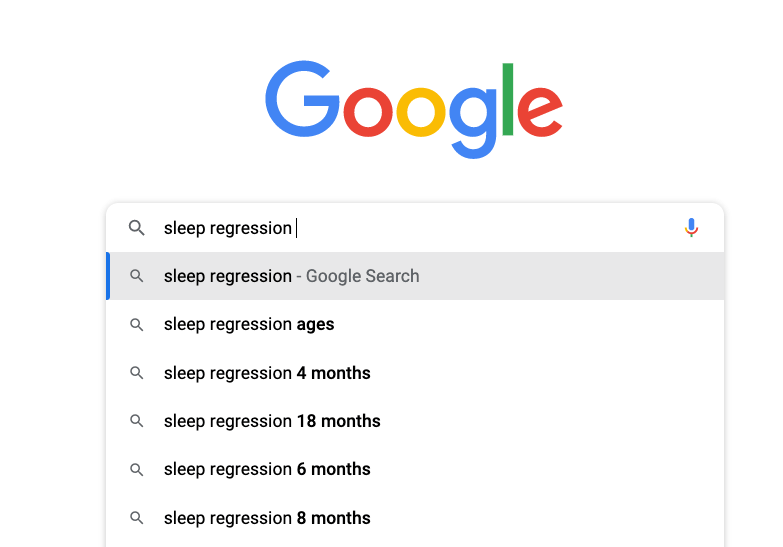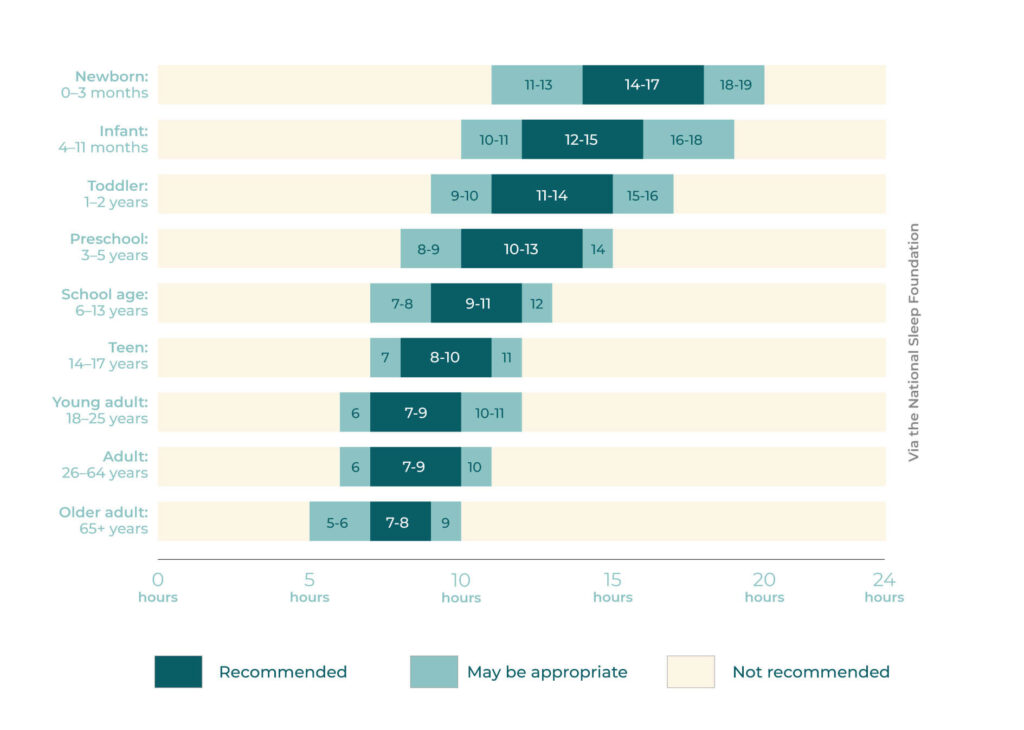Some of the most common signs of a an unsettled baby is one who:
- Wakes frequently
- Feeds frequently
- Cries frequently
If this is your baby and they are waking every hour, don’t despair there is light!
The Dr Golly Sleep Program was designed to help you solve these problems. In this article we’ll go through some of the key tips which can help create really good “sleep hygiene” which is the fundamental part of all my sleep routines you’ll learn in the Dr Golly Sleep Program.
Colic and purple crying are describing terms for highly unsettled babies, common signs are
- Excessive crying
- Knees pulling up, squirming after feeds
- Fussy and irregular feeds, pulling off the breast or bottle frequently
- Generally unsettled & clingy
- Wakes screaming
- Visibly uncomfortable & distressed
- Very hard to burp no matter how diligent you are
- Farting A LOT
- Only wants to sleep upright e.g. pram or in the carrier and miserable when lying flat
If this sounds like your baby please read my BLOG Colic has Causes and Solutions.
If doesn’t quite sound like your baby but you’re looking for so quick tips to improve sleep hygiene and fundamentals at your house I hope the below helps!
Creating the correct Baby sleep environment
The first part of the Dr Golly Sleep Program looks at room environment and steps you through all the things you need to look at including:
- Temperature: is your baby too hot or too cold?
- Lighting or lack there of: Melatonin is a hormone that helps regulate the body’s natural sleep-wake cycle. It’s produced in the brain’s pineal gland and released into the bloodstream during dark periods.
- White noise: Promotes better sleep, helps your baby to relax and feel calm. Blocks out distractions and creates a more soothing environment. It soothes your baby and helps them to feel safe and secure.
Teaching your baby to fall asleep independently
Teaching your baby to fall asleep independently is a big focus of the Dr Golly Sleep Program. In the first 3 weeks of life you can’t love a newborn too much – you can rock cuddle and kiss them to sleep, you can’t create bad sleep habits at this age. After this it’s time to start working on their independence. One of the keys here is to remove all hurdles that could be making them uncomfortable. A lovely relaxing bedtime routine is a great way to signify night time sleep.
Remove all hurdles first – listen to your baby
In the Dr Golly Sleep Program I talk at length about empowering parents to understand their babies better. Working out their hunger, tired and wind signs. There’s a checklist in the program to go through of all the possible hurdles that could be stopping them from falling asleep independently or waking after a 45-60 minute sleep cycle. These might include room environment, overtired, undertired, too hot, too cold, uncontrolled eczema, food intolerance – it’s up to us as parents to identify these hurdles and remove them so our babies are comfortable.
In the first few week it’s normal for that your Baby wakes every 3-4 hours
Managing expectations of what’s normal tends to be a good thing for most parents – night waking that is your baby waking every hour in the first night or two if the newborn stage can be normal – frequent night wakings could be a sign they may be cluster feeding to bolster breastmilk supply.
Most babies during this period will feed every 3-4 hours that’s 6-8 times a day, sometimes more. Baby wake periods are very short during this period. Being prepared for this and protecting the breastfeeding mother by taking on all the other newborn tasks like nappies, burping, cleaning, cooking can go along way to looking after both mother and baby in the first few weeks – this will avoid significant sleep deprivation and stress which can impact milk supply.
Up until around 6 weeks (5-6 kgs) your baby will still need to wake and feed during the night.
In the period of 0-6 weeks if your baby is waking every hour to feed or is highly unsettled it’s worthwhile going through the list in the Dr Golly Sleep Program of all the possible hurdles that could be causing them to wake.
From 6 Weeks (5-6 kg) you can start a routine or sleep training
In the Dr Golly Sleep Program I don’t recommend a routine until 6 week (5-6 kg). At this age and weight it’s possible for your baby to have a nice long stretch overnight, after their late night dream feed through to 7am. If you have a highly unsettled baby that has been waking every hour and feeding every hour working out the hurdles that are causing this first will go a long way to stretching those feeds out to 4 hour cycles and eventually achieving the overnight sleep.
Linking sleep cycles is a learnt behaviour for babies
A large part of the Dr Golly Sleep Program and the age based routines involves babies linking their sleep cycles. Baby sleep cycles move from deep sleep to slight sleep every 45-60min, teaching them to self settle if they stir during the light sleep is essential – having the room environment set up correctly will send a clear message that it’s still sleep time if they do stir or wake during the light sleep phase.
It’s important to remember some babies won’t learn this until 3-4 months. See the Dr Golly Sleep Program for all the tips and hints for linking sleep cycles.
If you’re heading towards the 4 month mark see my blog on sleep regression here.
DOWNLOAD my FREE top sleep tips today





